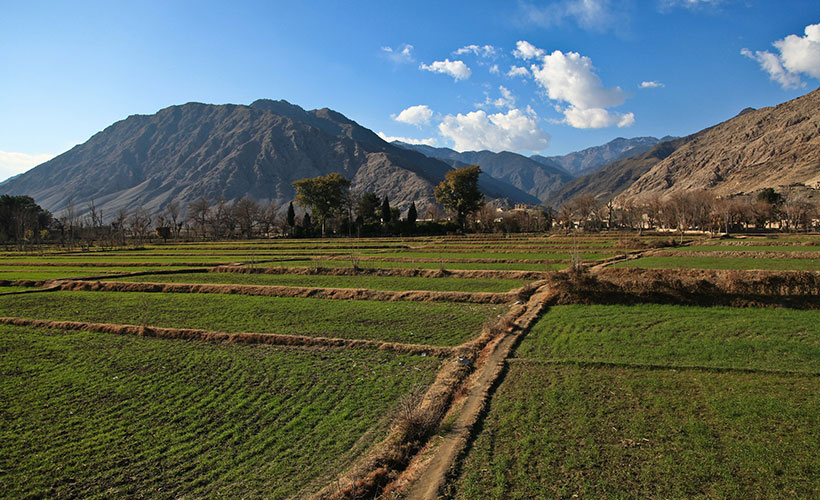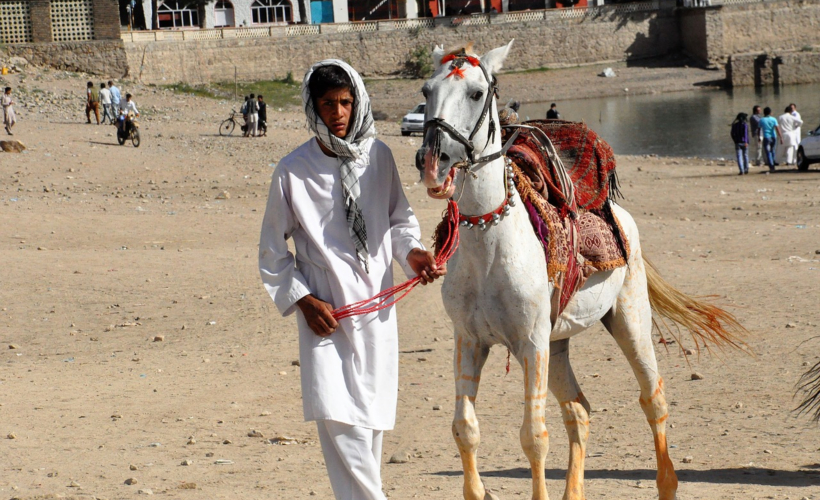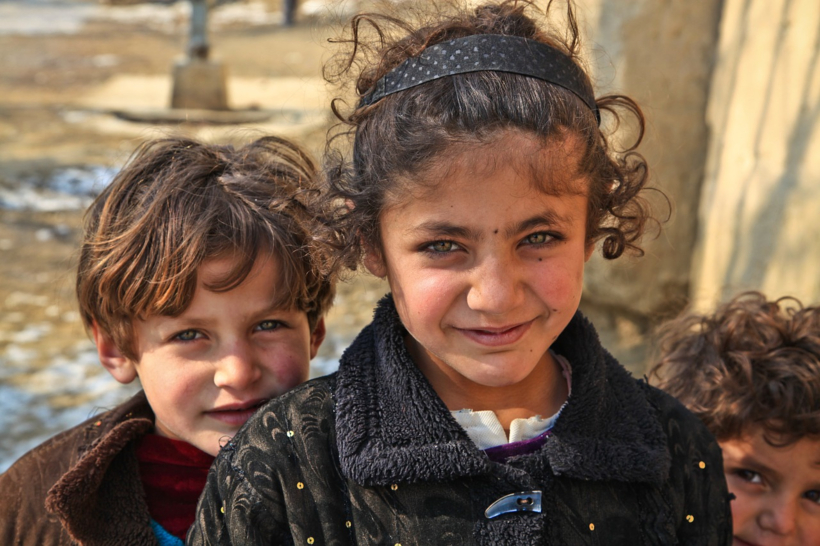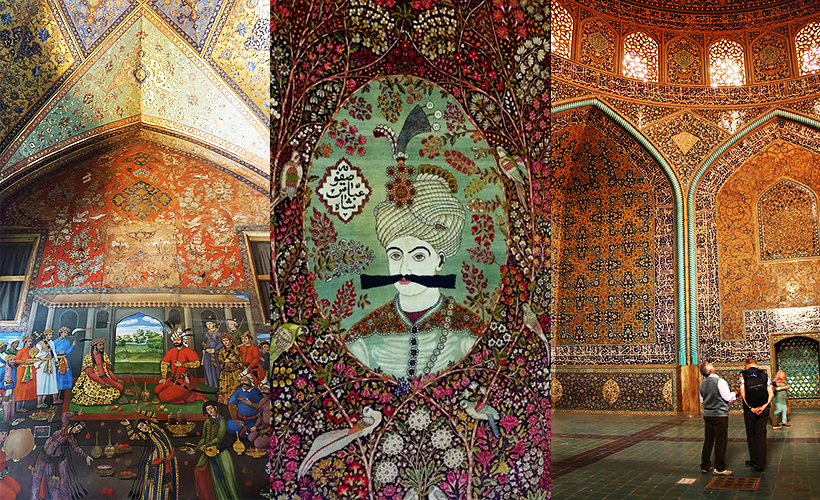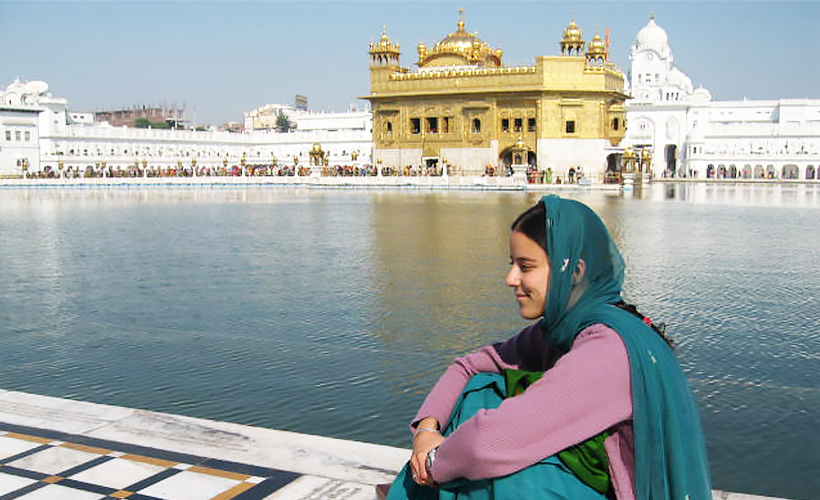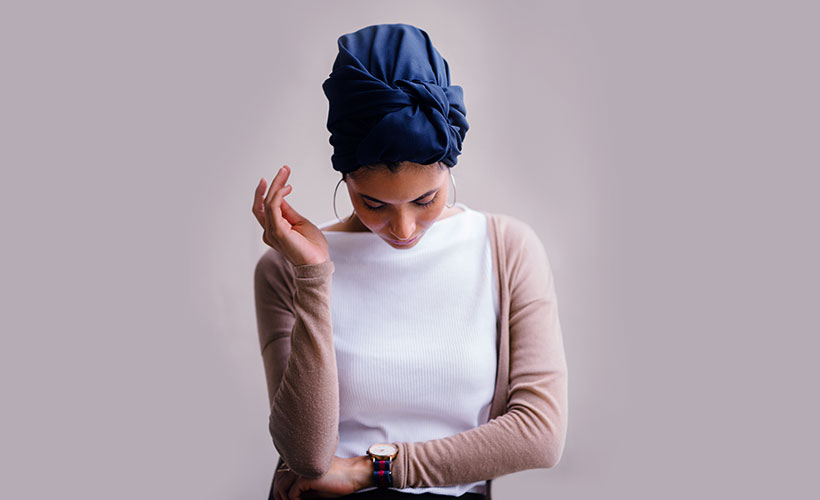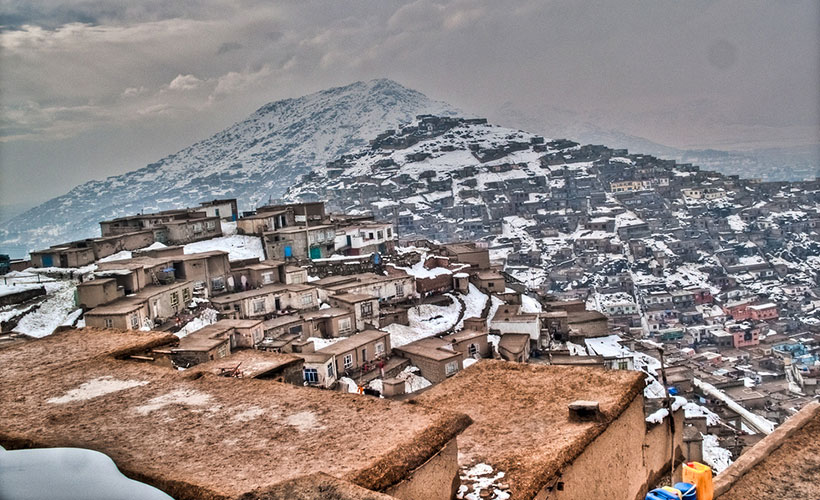
“Are you crazy? Going to Afghanistan? You’ll get killed or sold for a herd of camels!” I’ve heard such words so many times, and I take no more notice. As it is me in person who writes these lines, I haven’t been killed or sold, I’m also not sure anyone will give one camel for me.
The truth is, women are generally discouraged from visiting many Asian countries and Afghanistan tops the list. But is it really that bad? Political and military action in the past couple of decades have highlighted the plight of people, especially women, in Afghanistan and that could be attributed to the Taliban rule. But as a resident for the past few years, I can say that there is a a side of Afghanistan that is warm, welcoming and ready to feed you. So I’m here to share a few quick tips for those thinking seriously about visiting Afghanistan, to spare them unpleasant surprises or prevent them from committing cultural faux pas.
Dress accordingly
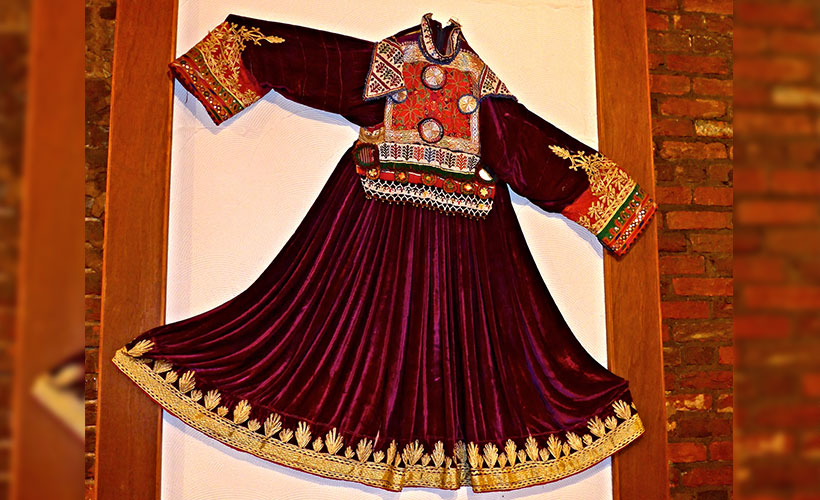
This is the first and the most important tip, both from a religious and cultural point of view. Most of the year the sun is shining across a cloudless sky, but even then, you can forget about wearing anything that shows too much skin.
What can one wear then? It depends on many factors, like the places you’re going to stay at and who will be your hosts. In big cities like Kabul, leggings and a loose tunic make for an acceptable ensemble. Many Afghan women dress this way.
Other women wear abayas – a long, loose dress or coat worn over clothing when going outside. The infamous burqa (outer cloth covering the face and ending at around the knees in the front and dragging on the ground at the back) are also commonly worn, especially in areas under Taliban rule.
While a headscarf is a must, if you’re not Muslim, you don’t need to cover your hair completely. Also, if you don’t want to draw attention to yourself wherever you go (and believe me, a foreign face is noticed straight away), you might choose to cover your face with the bottom part of the headscarf.
Even inside a home, the ‘no skin visible’ rule still applies. If you don’t want to wear a traditional Afghan outfit – loose dress reaching below the knees and harem style pants of matching colour underneath – the tunic with leggings combo will do. Alternatively, you can wear a maxi dress. One thing about the headscarf indoors: If you’re going to be in a Pashtun household, women wear it on their heads 24/. In a Farsi family home, it’s unlikely that anyone will wear one indoors.
Be prepared for gender segregation
If you’re going to travel with a male companion, like a husband or friend, know that once you reach your destination, you’ll be separated. Not permanently, of course. You’ll just generally find that gender segregation is very apparent.
Men and women don’t shake hands. They don’t stand and chat on the street. They also don’t spend time with one another. Sadly, this applies to many married couples too. It’s like being in two worlds – male and female.
If there are guests coming over to a home, women and men never sit together, unless the visitor is closely related to the family. Don’t be surprised if you see the ladies in the house literally hiding from the male guests and lowering their voices to not be heard. Even as a foreigner, it’s always safer to keep your distance from Afghan men in order to avoid any possible misunderstanding.
You’ll notice that this separation also occurs in the case of big events like weddings or engagement parties. There are usually two rooms – one for women and another for men – at these events. If you’re a practising Muslim though, it’s better to err on the side of caution and keep your headscarf on, even when reassured that it’ll be a ‘ladies only’ event.
Despite the separation, there may be some males occasionally visiting the women’s room; waiters, husbands looking for their wives to hand over children, cameramen or relatives of the bride or groom.
Getting treated like a celebrity
Afghans are very positive about foreigners. It’s also in their culture to be very welcoming and warm to guests. So if you’re a guest and a foreigner, you can expect nothing less than royal treatment. You won’t be allowed to do any work, even something as simple as pouring water into your own glass. If you have any dirty clothes or shoes, someone will clean them for you. Your every wish (within reason of local culture and customs, of course) will be attended to straight away.
If you’re the kind person who likes to do things for yourself, or who can’t sit when others around are working, you might initially have some difficulties with doing things your way. The best is to wait first three days, as they are seen as a time for guests to receive proper rest. After this period, you can try to roll up your sleeves and get to work, either for yourself, or to help around the house. Even if you fail at convincing your hosts that your hands really won’t break from washing socks, your effort will be still appreciated.
Foreigners are always a source of interest, and even if you stay at home, expect many guests to visit your hosts just to meet you. Of course, gender segregation applies here too, and you’ll be visited by women only.
Whether it’s the curious neighbour or the colleague at work, an Afghan lady will always ask you a lot of questions about yourself, your family and your country. If you don’t speak the local language or the person doesn’t speak yours and you both have trouble communicating, expect at least an intense stare as if scanning your face. There’s no need to get annoyed; just take it as a compliment instead.
As a foreigner, you’ll also receive many gifts, even from people you meet for the first time. Afghans love giving and receiving presents, and it’s a good idea to bring some small items like costume jewellery or cosmetics with you, that you can offer in return.
Don’t try to advocate for women’s rights
Spare yourself the effort and disappointment. Many stereotypes about Afghan women are not true, but some sadly are. When you speak with locals, you might hear stories that’ll keep you awake at night. You might see examples of severe gender injustice with your own eyes.
Are you able to change anything? Unless you work for humanitarian organisation with a program designated to such matter – no.
Even if you try to convince people about women’s rights, showing them the Western approach by delivering long speeches, chances are they’ll agree with you on the spot, not to be rude. That’s the part of their culture – not offending a guest by disagreeing with them. Truth is, the chances your efforts will change anything are close to non-existent.
Changes in women’s lives in Afghanistan are happening, albeit slowly. We can see more working female professionals everywhere around the country. Education for girls is also no longer an option, but mandatory. Women are starting to be recognised as valuable members of society.
If you really want to help, contact an NGO (either international or Afghan) dealing with gender injustice matters, and ask them how to safely do so.
Forget about the weight loss
If you’re on a diet and want to stick to it, it might be better to visit Afghanistan some other time. Weight loss is practically impossible there, as Afghan cuisine is truly delicious.
Kabuli palaw (rice cooked with carrots and raisins, accompanied by a solid portion of mutton hidden underneath), mantu (steamed dumplings with minced meat) and bologni/pyraky (a flat, fried snack, filled with potatoes, coriander, and spices) are just some of the dishes you need to try. As you’ll surely receive many invitations to dinners or parties, locals will constantly encourage you to refill your plate, and refusing to eat a meal can offend a host.
Afghan cuisine, however tasty, is also quite fatty. The base of most local dishes is chopped onion and tomatoes, drowned in oil. Most dishes are very meaty, so if you’re vegetarian, it might be easier to say you can’t eat meat for medical reasons. But fret not, there are still lots of vegetable dishes to try. Okra, spinach, courgettes, eggplants, cauliflowers, potatoes – mostly prepared in a similar way, on the onion and tomato base, are still delicious and worth trying.
Main meals are usually served with salads or yoghurts, and food is eaten by hand with bread. If you’re not comfortable with eating this way, feel free to ask for a spoon and fork. Fruits are served shortly after dinner and let me tell you this: they’re different from what we buy at grocery stores. The taste is fresh and way more intense.
However, if you decide that Afghan cuisine isn’t for you, there are restaurants offering Western food. You can also find many stores with European or American products, like peanut butter, rolled oats, coffee, or canned vegetables.

